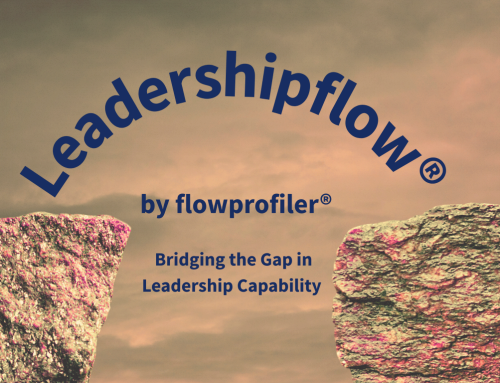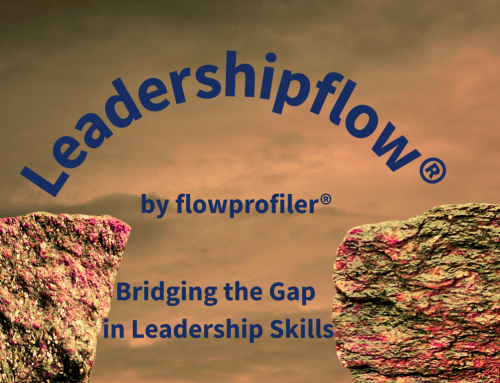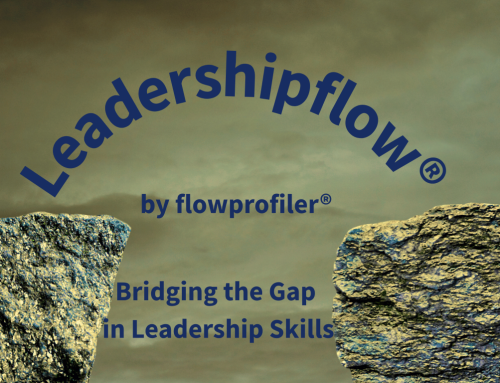Why the Leadership Skills Gap Matters in 2025
There’s a growing consensus: leadership capability is in decline.
Recent studies from McKinsey, Deloitte, Gallup, DDI, PwC, CMI, and the World Economic Forum confirm what many People & Culture leaders already sense, skills gaps are widening, confidence in leaders is dropping, and poor management is directly costing organisations productivity, retention, and reputation.
For example:
-
DDI’s 2023 Global Leadership Forecast found only 40% of organisations believe they have high-quality leaders, a 17-point drop in two years.
-
Gallup’s 2025 update shows manager engagement has fallen sharply, dragging overall engagement to just 21%, at a global productivity cost of $438bn.
-
CMI/YouGov research (2023–24) reports 82% of new managers in the UK are “accidental managers” with no formal training, one in three people have quit a job because of poor management.
-
Deloitte (2025) highlights an “experience and capability gap,” with 66% of leaders saying new hires aren’t prepared for the skills needed today.
-
McKinsey’s State of Organisations (2023) identifies “capability building deficits” as one of the ten most urgent organisational shifts.
Leadership skills are diminishing at the very moment organisations need them most. So what can People & Culture leaders do?
1. Make Leadership Capability a Strategic Priority
Too often leadership development is reactive. The most forward-thinking organisations treat it as a strategic investment, not an optional HR programme. McKinsey notes that capability-building must be at the centre of organisational resilience.
“Only 40% of organisations believe they have high-quality leaders, marking the steepest decline in leadership confidence in over a decade.”
— DDI, Global Leadership Forecast 2023
flowprofiler®’s leadershipflow® pathways begin by aligning leadership development with organisational goals, values, and strategy, ensuring your leaders are equipped for the challenges your business actually faces whilst driving organisational goals.
2. Build Accountability into Development
Research consistently links poor leadership to turnover and disengagement. The CMI/YouGov study underlines how costly “accidental managers” are. Building accountability means more than training; it requires measuring, tracking, and reporting growth.
“Eighty-two percent of managers in the UK are accidental managers with no formal training. Poor management is directly linked to one in three employees leaving a job.”
— Chartered Management Institute & YouGov, 2023
Leadershipflow® integrates flowprofiler® assessments (EQ, Resilience, Motivation) and SkillSprints™ so that every behavioural shift is measured, applied, and reviewed.
3. Invest in Adaptive Behavioural Competencies, Not Just Technical Skills
Deloitte and PwC highlight a “capability gap” in leaders’ ability to adapt to disruption, transformation, and cultural change. Technical skills alone aren’t enough, what matters is behavioural agility.
“Sixty-six percent of leaders say their most recent hires were not fully prepared for the work required, highlighting a widening experience and capability gap.”
— Deloitte, Human Capital Trends 2025
flowprofiler® assessments surface over and underused behaviours, helping leaders build resilience, emotional regulation, and adaptive strategies so they can lead through complexity.
4. Hardwire Leadership to Culture and Engagement
Gallup’s 2025 findings remind us: managers make or break culture. When leadership falters, engagement crashes. Building culture isn’t about campaigns, it’s about daily behaviours, mindsets, and decisions.
“Manager engagement has dropped to 27%, pulling overall global employee engagement down to 21% — costing organisations an estimated $438 billion in lost productivity.”
— Gallup, State of the Global Workplace 2025
Leadershipflow® acts as a catalyst for cultural and strategic change by aligning leaders’ behaviours with your organisational values and messaging.
5. Future-Proof Through Measured ROI
Boards and executives increasingly demand proof of impact. PwC’s CEO survey shows leaders are worried about readiness for reinvention. To get buy-in, People & Culture teams must demonstrate a clear return.
“Capability building is one of the top ten shifts transforming organisations. Companies that scale it effectively are 3.4 times more likely to be high-performing.”
— McKinsey & Company, State of Organizations 2023
Leadershipflow® provides aggregated team reports, baseline vs. end-line comparisons, and a final journey report so you can prove capability growth and cultural impact.
How flowprofiler® and Leadershipflow® Help Close the Gap
The leadership skills gap is a reality, but it is not inevitable. With evidence-based tools and data-driven insight, People & Culture leaders can close the gap, align capability with strategy, and build cultures that thrive.
flowprofiler® and Leadershipflow® provide:
-
Assessments across EQ, Resilience, and Motivation to surface behavioural agility
-
Scalable pathways tailored to emerging, operational, and executive leaders
-
SkillSprints™ for real-world application and tracked accountability
-
Cultural alignment through values-driven leadership behaviours
flowprofiler® and Leadershipflow® offer a proven, custom-built, evidence-based pathway to rebuild leadership strength, measured, adaptive, and aligned to your goals.
Informed by Neuroscience.
Designed for Performance.
Leadership in flow.
To explore how Leadershipflow® can work for your organisation and plug the leaderships skills gap, contact us at hello@flowprofiler.com and request your brochure now.
flowprofiler®, leadershipflow®, skillsprints™, eqflow®, resilienceflow® and motivationflow® are register trademarks of flowprofiler®. All rights reserved.
References
-
Chartered Management Institute (CMI). (2023). New study: Bad managers and toxic work culture causing one in three staff to walk. CMI/YouGov Report.
-
Chartered Management Institute (CMI). (2024). Management and the UK 2030. CMI Research Report.
-
Deloitte. (2025). Closing the experience gap through talent development: 2025 Global Human Capital Trends. Deloitte Insights.
-
Development Dimensions International (DDI). (2023). Global Leadership Forecast 2023. DDI Research Report.
-
Gallup. (2025). State of the Global Workplace 2025: Global engagement and manager impact. Gallup Research.
-
McKinsey & Company. (2023). The State of Organizations 2023: Ten shifts transforming organisations. McKinsey Global Institute.
-
PwC. (2024). Global Workforce Hopes and Fears Survey 2024. PwC Research Report.
-
PwC. (2025). 28th Annual Global CEO Survey: Reinvention on the edge of tomorrow. PwC Research Report.
-
World Economic Forum (WEF). (2025). Future of Jobs Report 2025. World Economic Forum.




